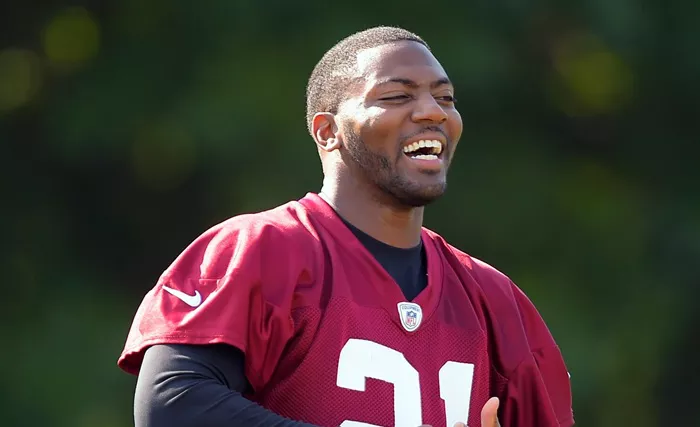When a joke cuts too deep and lingers beyond the punchline, what happens next? ESPN analyst Ryan Clark and comedian Andrew Schulz find themselves grappling with this question. Tensions that were thought to be settled have flared up again after a controversial joke about Black women. Following an attempt to clear the air, Clark has once again brought the debate to the forefront, continuing the age-old conflict between comedians and society.
The controversy started last summer when Andrew Schulz made a comment on his Flagrant podcast about the so-called “Black girlfriend effect.” The joke suggested that men with Black girlfriends grow beards to cushion slaps and shorten their hair because of stress. While Schulz meant it as humor, many, including Ryan Clark, felt it perpetuated harmful stereotypes about Black women.
Fast forward to April 2, 2025. Schulz appeared on The Pivot Podcast to address the backlash directly. He admitted, “The joke wasn’t funny enough for how much it hurt people,” acknowledging that its impact far outweighed his comedic intentions. He continued, “It doesn’t really matter what your intention was. It matters how you make someone feel – I didn’t care to hurt Black women. I just wanted to make a joke. It hurt them.” However, Clark wasn’t satisfied. After the candid conversation, he took to X (formerly Twitter) to clarify his position.
In his post, Clark stated, “Andrew’s words didn’t feel like a joke to me, & he felt my response painted him as ignorant… ‘ignorant’ is something he won’t accept. He knows Black women are capable of immense beauty, & he didn’t want to be positioned as someone who was unaware of that.” On the podcast, Clark explained how jokes like this can reinforce negative stereotypes if left unaddressed. He said, “To people who may see that… they’ll go, ‘Well Andrew Schulz made this joke about Black women and there were two Black men sitting across from him; this must be true.’”
Critics like Clark argue that intent doesn’t erase the impact. For Clark, defending Black women isn’t about restricting comedy but challenging the harmful narratives that sustain stereotypes. It’s about understanding the consequences of words on society. As he explained in his tweet, “What I know is that we all have to be aware of the impact of our words, whether in jest or not. More importantly, be willing to have the uncomfortable conversations that may follow.”
Schulz, known for his bold, boundary-pushing comedy, has built his career on taking risks with race and culture. During his time on The Pivot Podcast, he defended his approach and acknowledged its potential to hurt people. “I hope people maybe learn more about me and see that I don’t have bad intentions for people,” Schulz said. “I make fun of everybody because if I don’t make fun of one group, then it becomes uncomfortable… Then it starts to become racist or sexist or whatever.” Schulz also touched on the larger debates surrounding comedy in today’s cultural climate, saying, “I hope and aspire to make jokes so that everybody laughs… but I don’t think it’s fair to limit what we can joke about.” He argued that comedy should remain an open space for exploring all experiences, not just those personally lived by the comedian.
However, as Schulz points out, this comes with risks. Clark’s decision to speak out reflects the growing demand for accountability from public figures with large platforms. In today’s social media-driven world, reactions come quickly and intensely. Meanwhile, Schulz believes comedians should have the freedom to explore all topics, even if their jokes miss the mark. “Unfortunately, people’s feelings are gonna be hurt – if anybody came up to me like, ‘Hey, that thing you said really hurt my feelings,’ I’d be like, ‘Dude, I’m sorry.’ But if they said, ‘Don’t you ever make jokes about that again,’ I’d go, ‘I can’t let you control what I make jokes about.’”
For now, the debate between Clark and Schulz remains unresolved, fueling a wider discussion about comedy’s role in society and the fine line between edgy and offensive. Whether the two will find common ground remains uncertain, but one thing is clear: this exchange has evolved into a broader conversation that extends well beyond their individual platforms.

